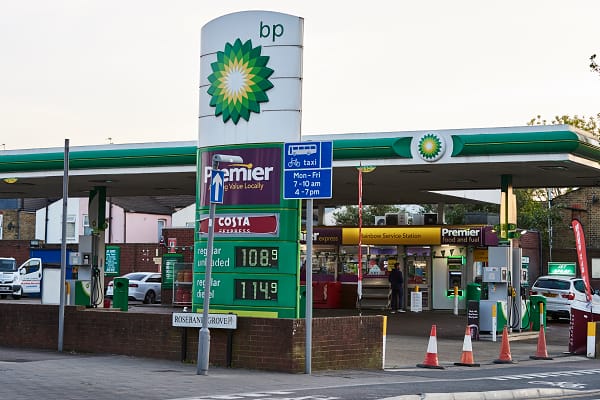As a fleet business owner, you should immediately get fuel cards. They are not only meant for streamlined payments at fuel stations but also offer a variety of other perks. Owing to their many benefits, businesses are opting to use fleet cards as their default payment method at the pumps.
This statement is supported by the fact that the UK fuel card market size has a value of £96.8 million and is staggering at a CAGR of 2.5%. This huge volume tells us that companies are investing in these cards at a high rate. Find out more about the perks of fuel cards below:
Benefits of fuel cards for businesses
Enlisted below are the perks of fuel cards for businesses:
1. Savings
Every business seeks profits and wants to reduce its costs. Fuel cards can help you lower your fuel expenses by providing discounts. When you make a contract with a fuel station about bulk orders, they may be willing to give you discounts on payments.
This aspect is quite important for fleet owners with high fuel consumption, especially for HGVs. Mind that the types of discounts can vary. Some fuel pumps offer percentage-based discounts, while others give fixed cents off. You can choose the option at your convenience.
2. Rebates
Rebates are a big part of the discount programs offered by petrol pump owners. You can leverage this perk by contracting with different stations. The good thing is that rebates always work in tier systems, where the amount of the discounts increases with the purchased volume of fuel.
Further, vehicle repairs and maintenance are also included in these rebate programs. On average, rebates are offered at an average of 12.5 pence per liter.
3. Smooth operations
The basic perk of fuel cards is that they streamline operations. Instead of getting cash from the company and then depositing, these cards allow drivers to pay on the go. Plus, the administration doesn’t have to keep track of every transaction and does manual expense tracking.
4. Security
A nuanced yet crucial feature of fleet or fuel cards is that they provide added security features. Their built-in security features prevent fraud. Further, businesses can track each transaction and can verify it with fuel pumps to track the payments.
5. Price control
Another benefit of fuel cards is that they provide you with price control. The businesses often make a contract with the fuel stations, asking for a fixed price for a specific time. It helps them to fight the price fluctuations as well as market volatility. Further, companies can also predict their fuel expenses and can manage against unwanted price spikes.
Working of fuel cards
Now, how do fuel cards work? The process is quite simple. You make a contract with a card provider and deposit a debit to the card. Your driver would go to the petrol station and fill up with fuel as normal. When the payment time came, he would swipe the fleet card like a usual card.
In the backend, the provider collects all the transactions on a weekly HMRC-compliant invoice and reimburses the payment individually. The benefit is that you can keep track of and check every transaction on your company’s fuel card.
Bottom line
Businesses should get fuel cards to increase their savings and rebates and keep the fuel price in control. Further, they also provide a streamlined operation, reducing the burden of manually checking and tracing every transaction. The fleet card provides all the transactions on your behalf, and you can debit the card on a weekly or monthly basis.








